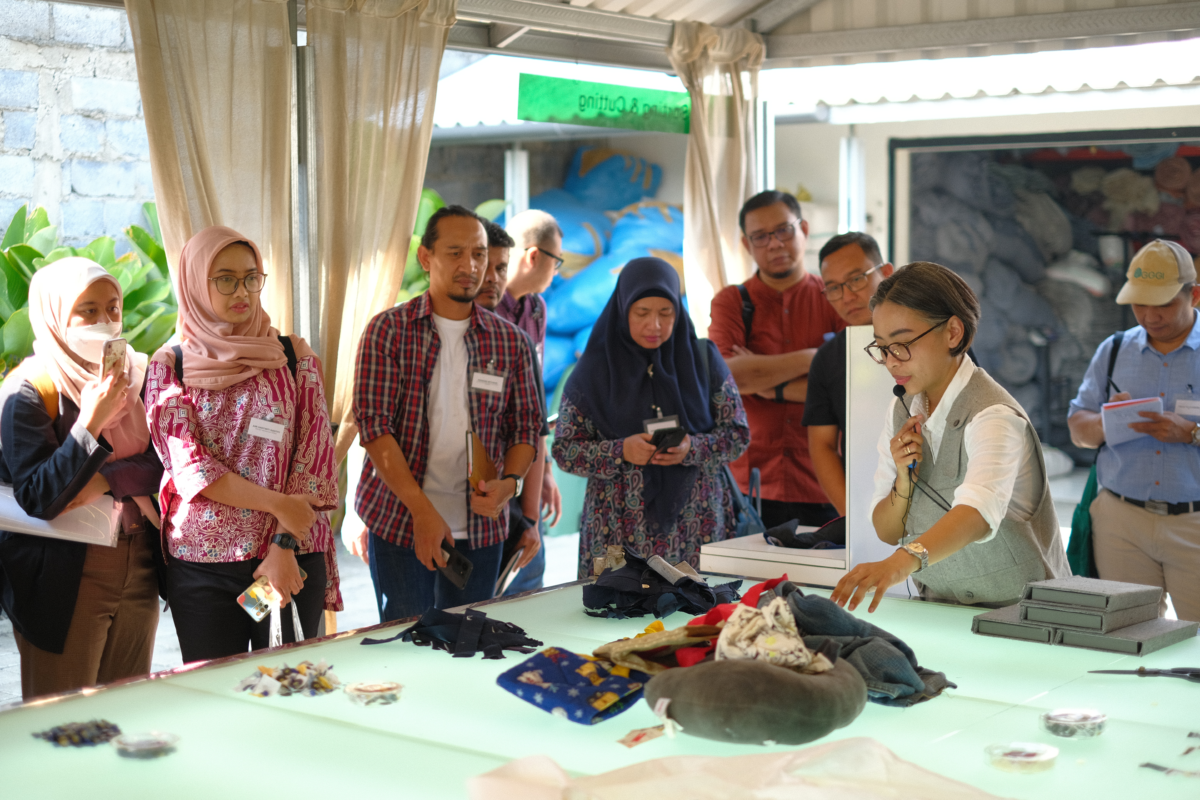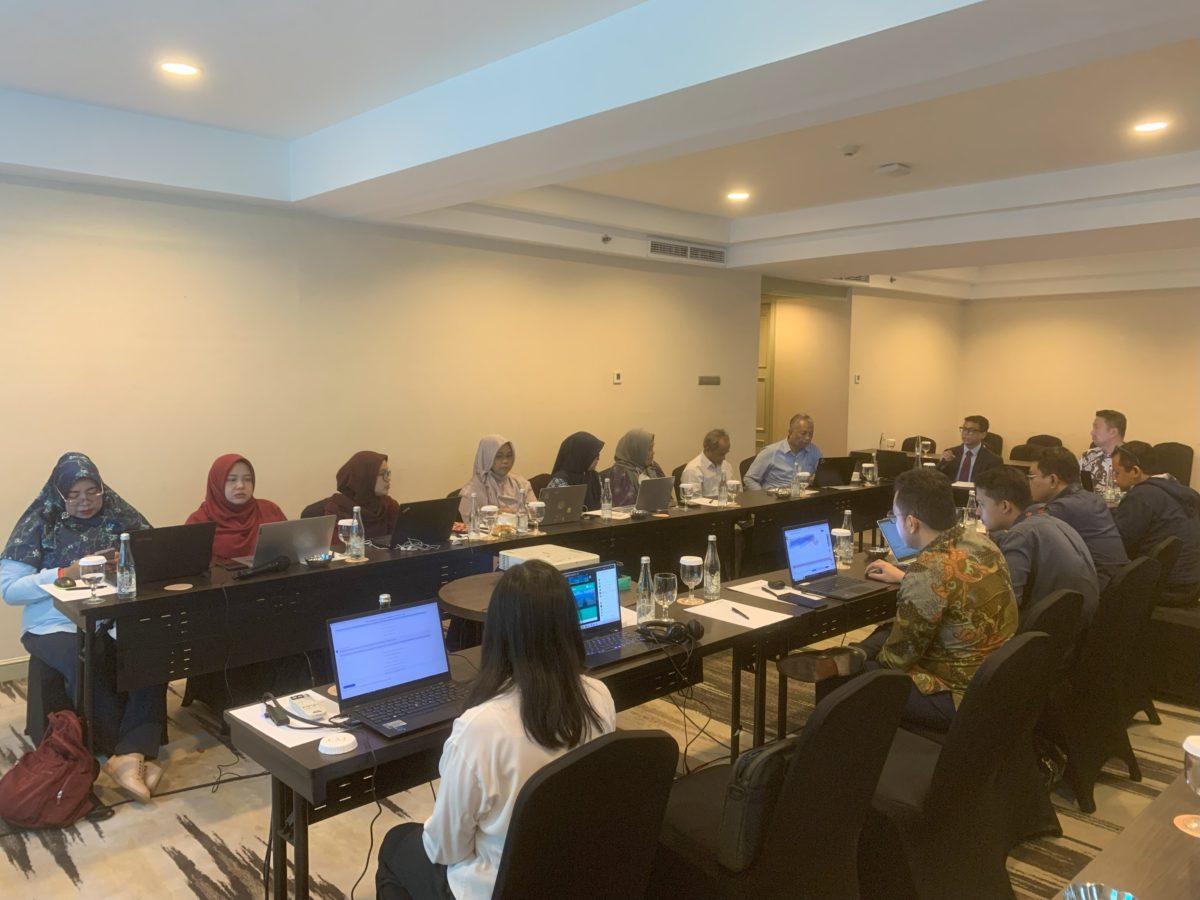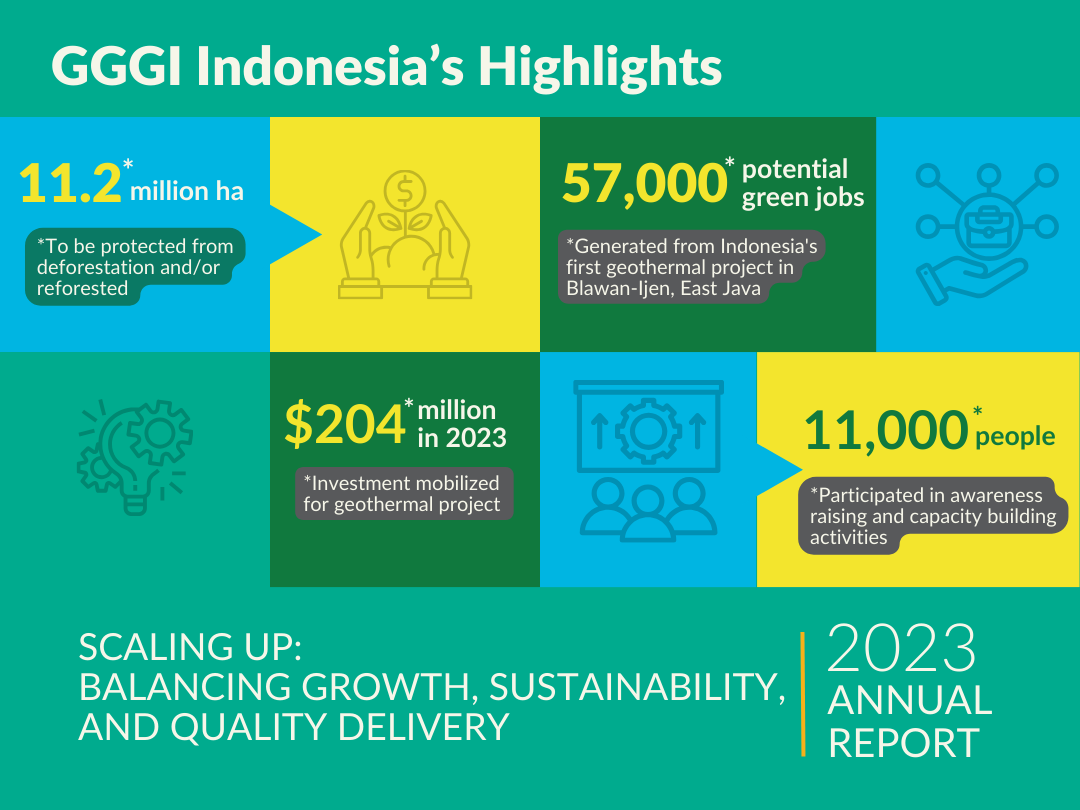Papua Provincial Government Accommodates Community Aspirations through RUED-P FGD
The Papua Provincial Government, through the Energy and Mineral Resources Office (EMR Office), supported by GGGI, held a Focus Group Discussion (FGD) on the Papua Regional Energy General Plan (RUED-P Papua) on December 5-6, 2022, in Jayapura.
The FGD aimed to validate data and scenarios for each sector and accommodate various ideas from the community, including the Indigenous Papuans (OAP), in preparing RUED-P.
GGGI is committed to supporting the acceleration of renewable energy development in Papua Province by providing energy modeling training for the Papua Provincial Government and actively participating in developing the RUED-P. With this support, it is hoped that Papua Province can catch up with the renewable energy advancements of other regions in Indonesia, to achieve the renewable energy mix target in accordance with the national energy plan, reaching up to at least 23% by 2025. GGGI will continue to support the achievement of this renewable energy target and promote green growth in Papua Province.
The Head of the EMR Office of Papua Province, Elyas Wenda, mentioned that with the support of GGGI, funded by New Zealand, the FGD would help to ensure that the RUED in Papua Province would be well prepared to meet the energy demand of the people of Papua.
The Secretary General of the National Energy Council (DEN), Nanang Kristanto, emphasized the importance of the RUED-P for ensuring appropriate access to energy in the region until 2050. In addition, a well-drafted RUED-P will provide an important basis for regional development and expansion plans, including for industrial zones. RUED-P also serves as a basis to propose budgets through the State Revenue and Expenditure Budget (APBN) or the Regional Revenue and Expenditure Budget (APBD) to develop regional energy infrastructure, especially for renewable energy.
Based on the modeling results, the FGD was divided into several discussion sectors, namely macroeconomic, transportation, industry, households, and commercial sectors. As a result, various inputs were successfully received to optimize the potential of natural and human resources in utilizing and managing regional energy to achieve fair, sustainable, and independent energy resilience in Papua Province.
The involvement of OAP in the FGD resulted in agreements on strengthening the capacity of indigenous communities as energy providers and users, local wisdom in providing natural resources that produce renewable energy, enhancing the institutional capacity and human resources, participation and involvement of indigenous communities in energy investment, and governance of policies that support indigenous communities.




